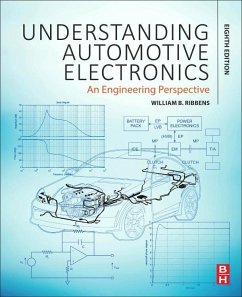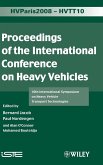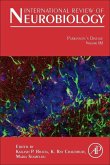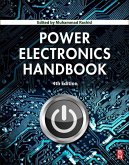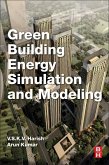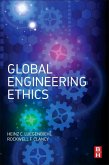Understanding Automotive Electronics: An Engineering Perspective, Eighth Edition, is written with an engineering perspective that includes mathematical models, providing a qualitative explanation of each subject that requires no mathematical background.
Thoroughly updated throughout, this new edition moves away from introductory mechanic-level electronics to cover hot topics such as automotive camera systems and typical electronic camera systems, hybrid control, AUTOSAR (AUTomotive Open System ARchitecture) and vehicle networks. Comprehensive coverage of automotive electronics and control, including the latest technology in telematics, active safety, entertainment, and communications are also included.
This book is the first port of call for control engineers, system engineers, and electronic engineers in automotive who need a thorough grounding in automotive electronics and control. From simple automotive electronic circuits, to the latest developments in telematics, active safety, entertainment, and communications, the book is also an ideal resource for more senior automotive engineers without a background in electronics or control who to work in the area or supervise specialists.
Thoroughly updated throughout, this new edition moves away from introductory mechanic-level electronics to cover hot topics such as automotive camera systems and typical electronic camera systems, hybrid control, AUTOSAR (AUTomotive Open System ARchitecture) and vehicle networks. Comprehensive coverage of automotive electronics and control, including the latest technology in telematics, active safety, entertainment, and communications are also included.
This book is the first port of call for control engineers, system engineers, and electronic engineers in automotive who need a thorough grounding in automotive electronics and control. From simple automotive electronic circuits, to the latest developments in telematics, active safety, entertainment, and communications, the book is also an ideal resource for more senior automotive engineers without a background in electronics or control who to work in the area or supervise specialists.

